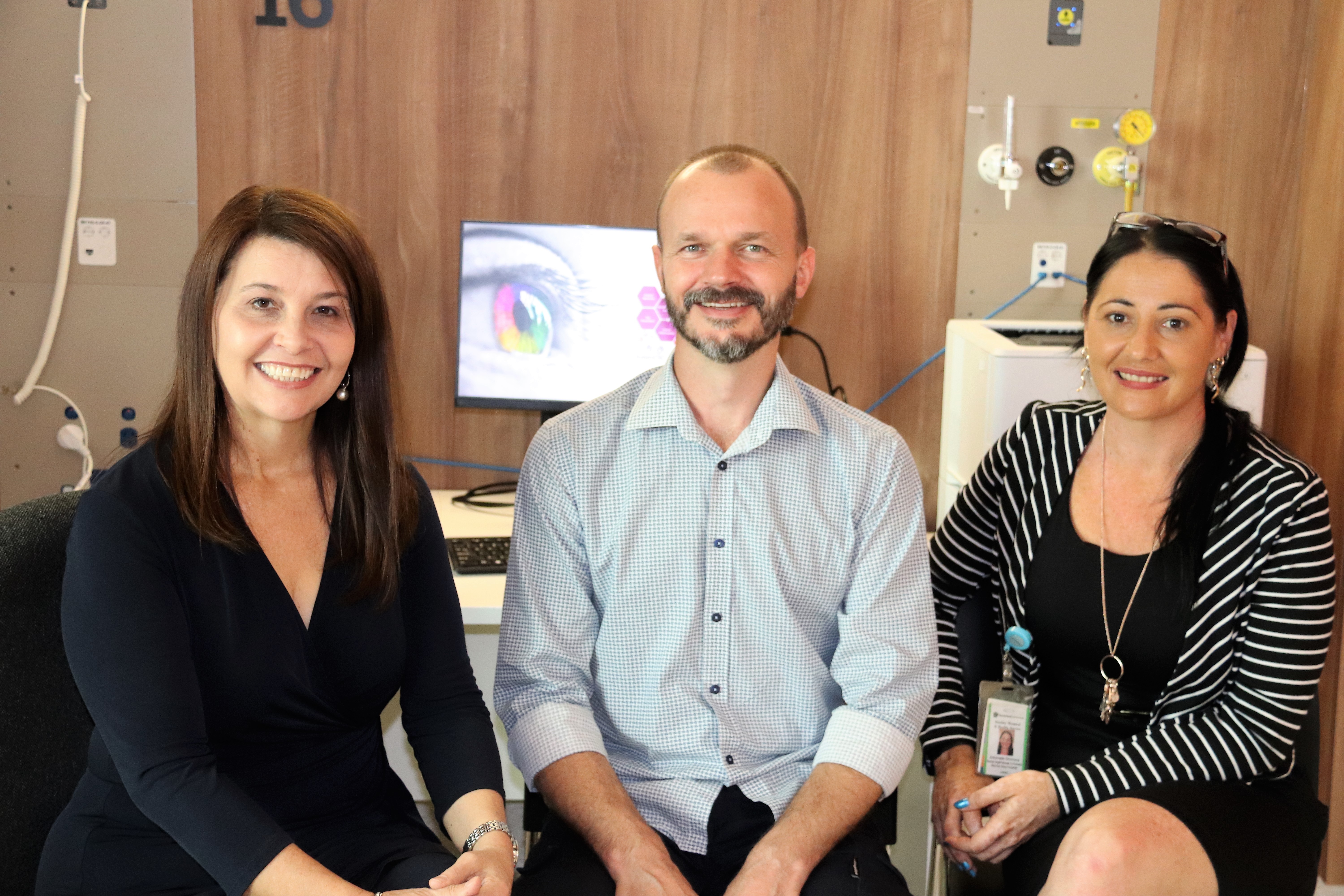Local pathways on the best ways to care for the physical and mental health of people with Autism Spectrum Disorder (ASD) were released in Mackay on the weekend.
For the first time Mackay HHS GPs and other health professionals accessed information on the best way to support patients of all ages on the spectrum.
More than 100 health professionals will attended the launch of the pathways hearing from leading national researchers.
HealthPathways Clinical Editor and Mackay GP Dr Aaron Kennedy said while a lot of effort had gone into early diagnosis of ASD, up until now there was little information on how to manage ongoing care.
“One of the confronting things is that research is showing people with a diagnosis of ASD are dying too early from conditions that can be managed through better preventative care,” Dr Kennedy said.
“People on the autism spectrum experience unique health-related needs and may exhibit poorer physical and mental health outcomes in comparison to the general population.
“However, there is a lack of information on how to best support individuals on the spectrum.”
Dr Kennedy said people with ASD had cardiovascular and gut health issues, as well as sensory, social and emotional issues.
The research is a product of the Mackay Hospital and Health Service Integrated Health team in partnership with the Autism Cooperative Research Centre, Northern Queensland Primary Health Network (NQPHN) and other partners.
NQPHN Executive Director Mackay Karin Barron said collaboration between the partners has been imperative to the development of the ASD HealthPathways.
“The ASD HealthPathways for Mackay health professionals came about as a result of robust relationships and collaboration across the research, primary, and acute health care sectors and has been a unique opportunity for all involved to work together to help Mackay residents to receive the right care, in the right place, at the right time,” Ms Barron said.
“The aim is to build the capacity of local health care providers to better assist individuals with autism so they can live happier, healthier, longer lives.”
Integrated Health Manager Toni Simmons said the pathways was a result of more than two years work.
“It’s about improving the health journey for people with ASD across their life span.
“We’ve started with a blank sheet of paper and through our research considered every health need that a person with ASD will have.
“Focusing on the diagnosis is great, but once you get a diagnosis, what happens next is equally important.
“It’s hard for a parent to navigate the health system but children with autism become adults with autism too so that’s why we need to support people through their lifetime,” she said.
Ms Simmons said the pathways were the first of their kind in the HealthPathway’s community which spanned Australia, New Zealand and the United Kingdom.
The research has involved surveying GPs on their knowledge and confidence in caring for people with ASD.
“We conducted sessions with 32 health professionals last year to understand where gaps were and what didn’t work well. We also surveyed consumers, carers and parents and people who identify as being on the spectrum and looked at their feedback of their journey.”
The educational event featured guest speakers speaking on the lifespan of a person with ASD from childhood and adolescence as well as hearing from the mother of an adult child with ASD.
Guest speakers and their topics included:
• Dr James Best – the fecundity of the unexpected – autism, adolescence and Africa
• Dr David Harley – anti-psychotic and anti-depressant medication in adults with autism
• Dr Michalis Yiallourides – early intervention in the autism spectrum
Dr Kennedy said it was hoped the education and promotion of the pathways would give health professionals more knowledge.
“There needs to be an awareness that this is an at-risk group of people we need to manage carefully,” he said.
The pathways also included tips on how to make general practices more accessible for people with ASD and practical considerations around appointment times that are more suitable.
“The question for doctors is how do you respond to a person with a different view of the world, rather than expecting them to conform to the way we have set up our systems.”
Media Contact:
Danielle Jesser | Media and Communications Manager | 4885 5984 | 0417 756 221



